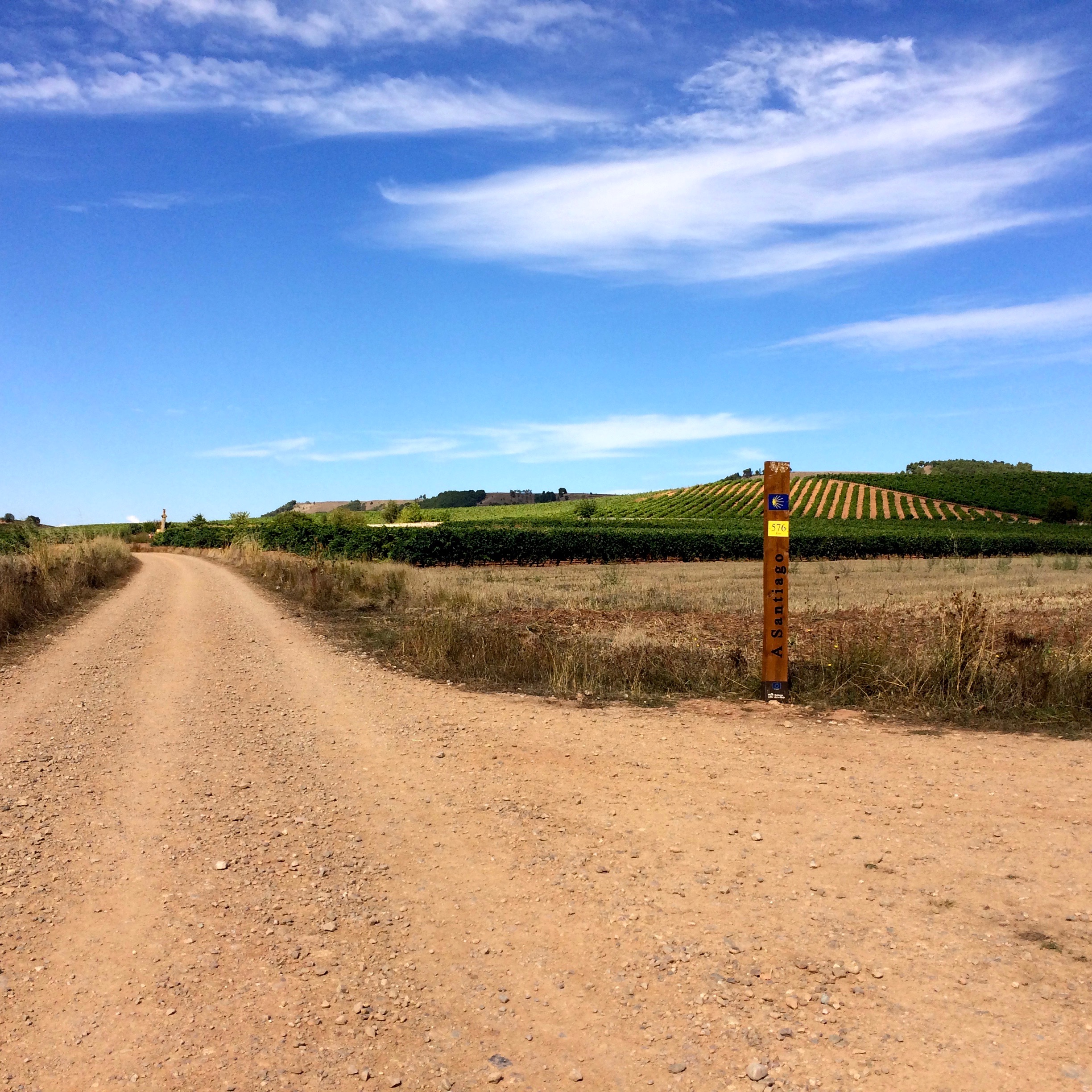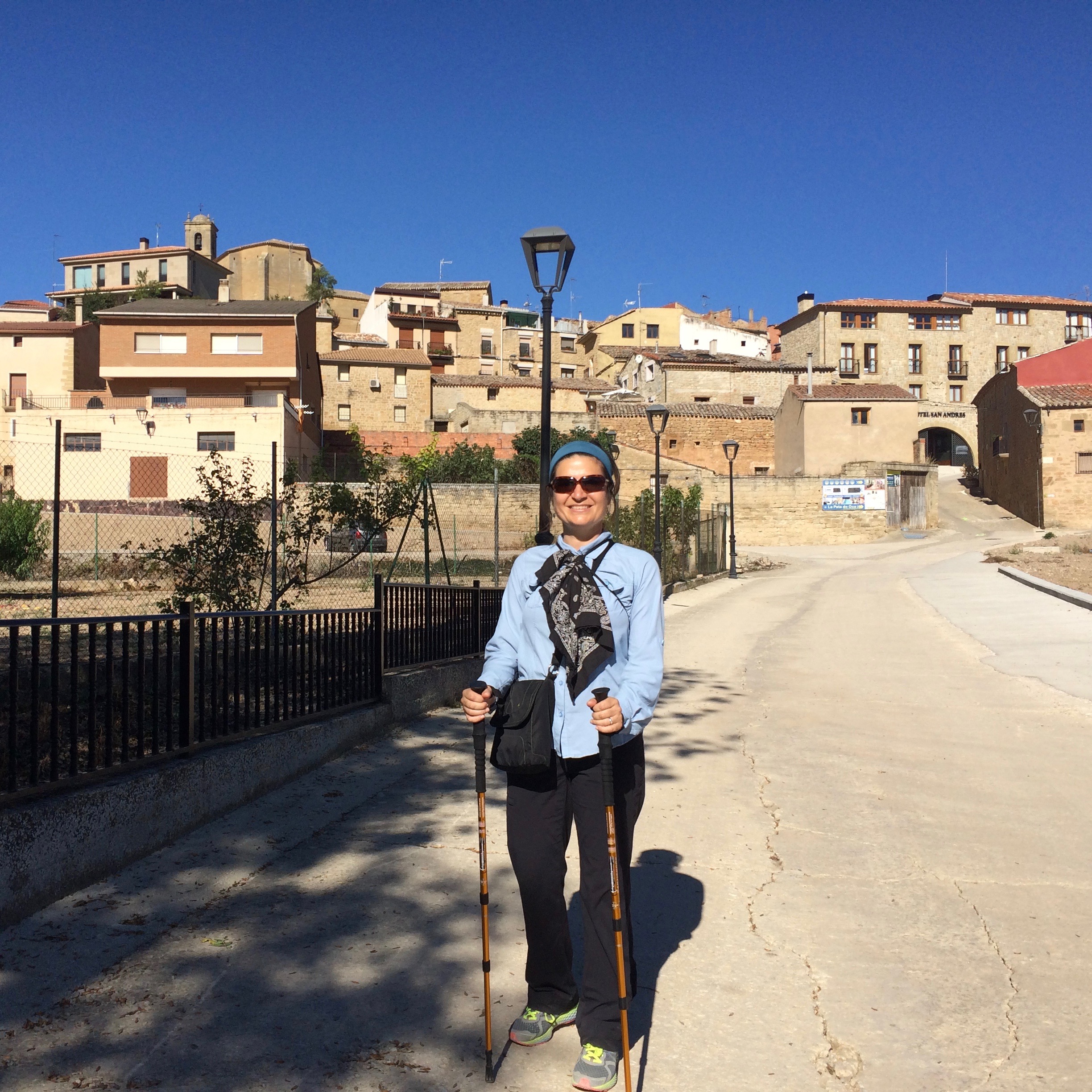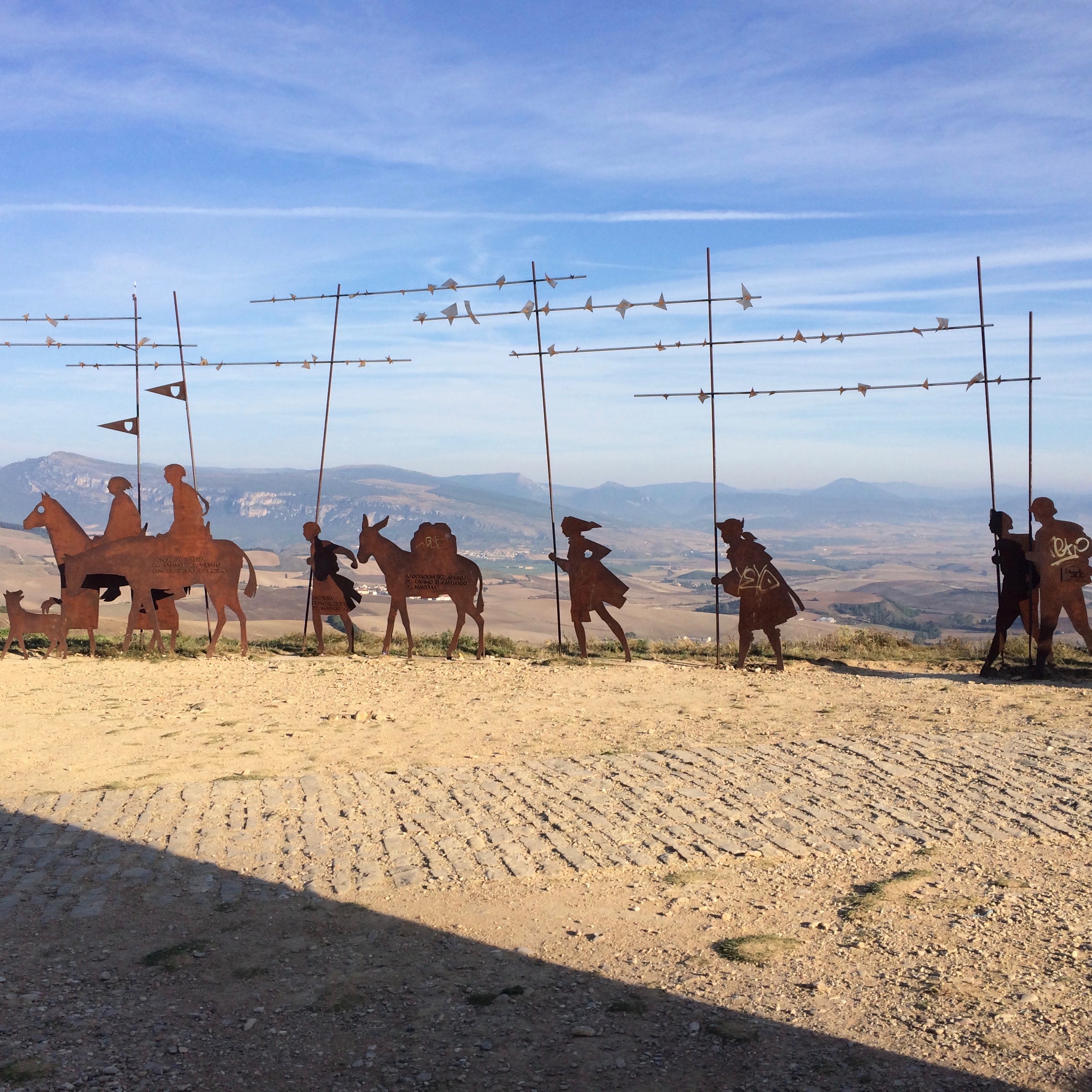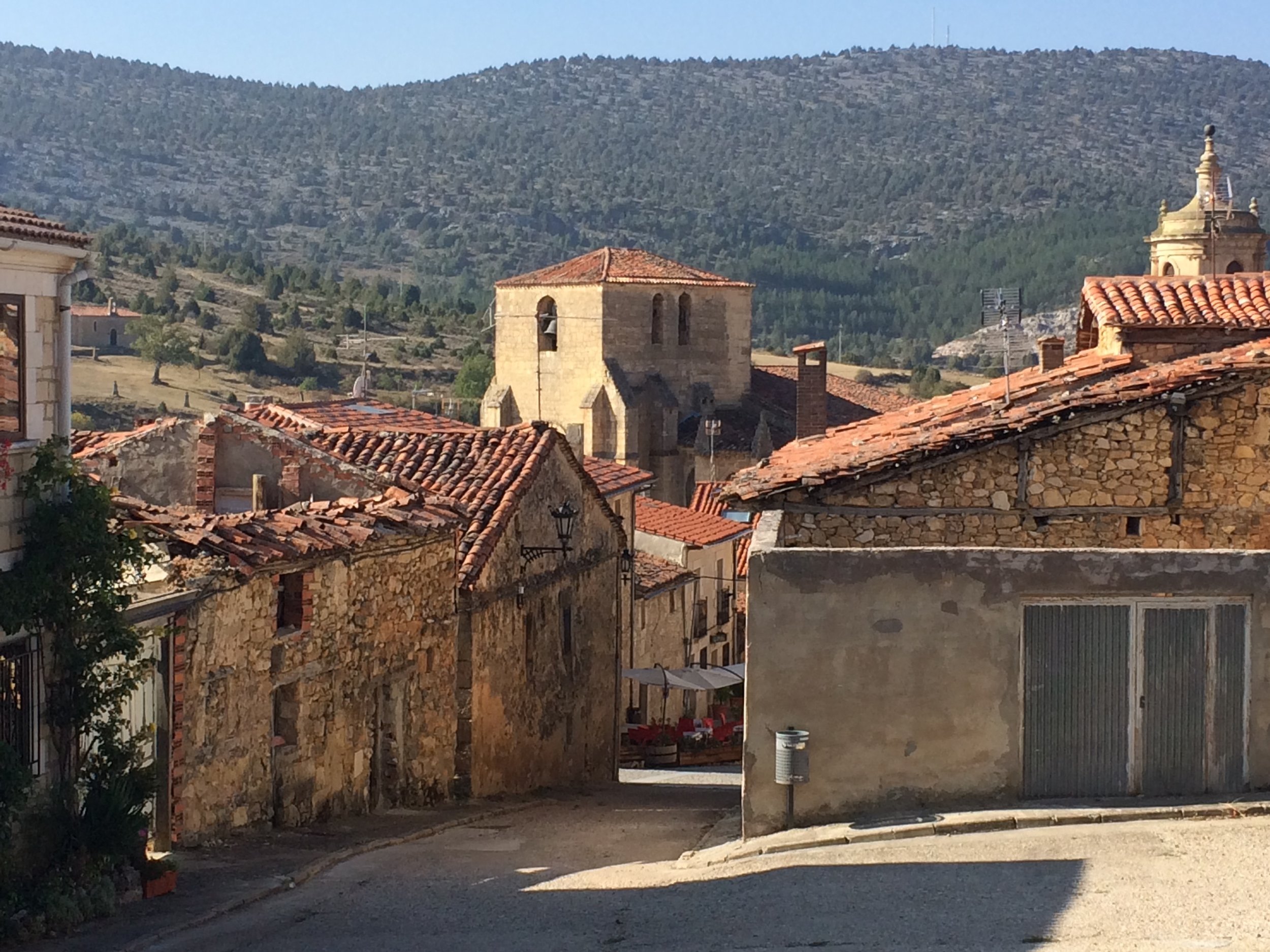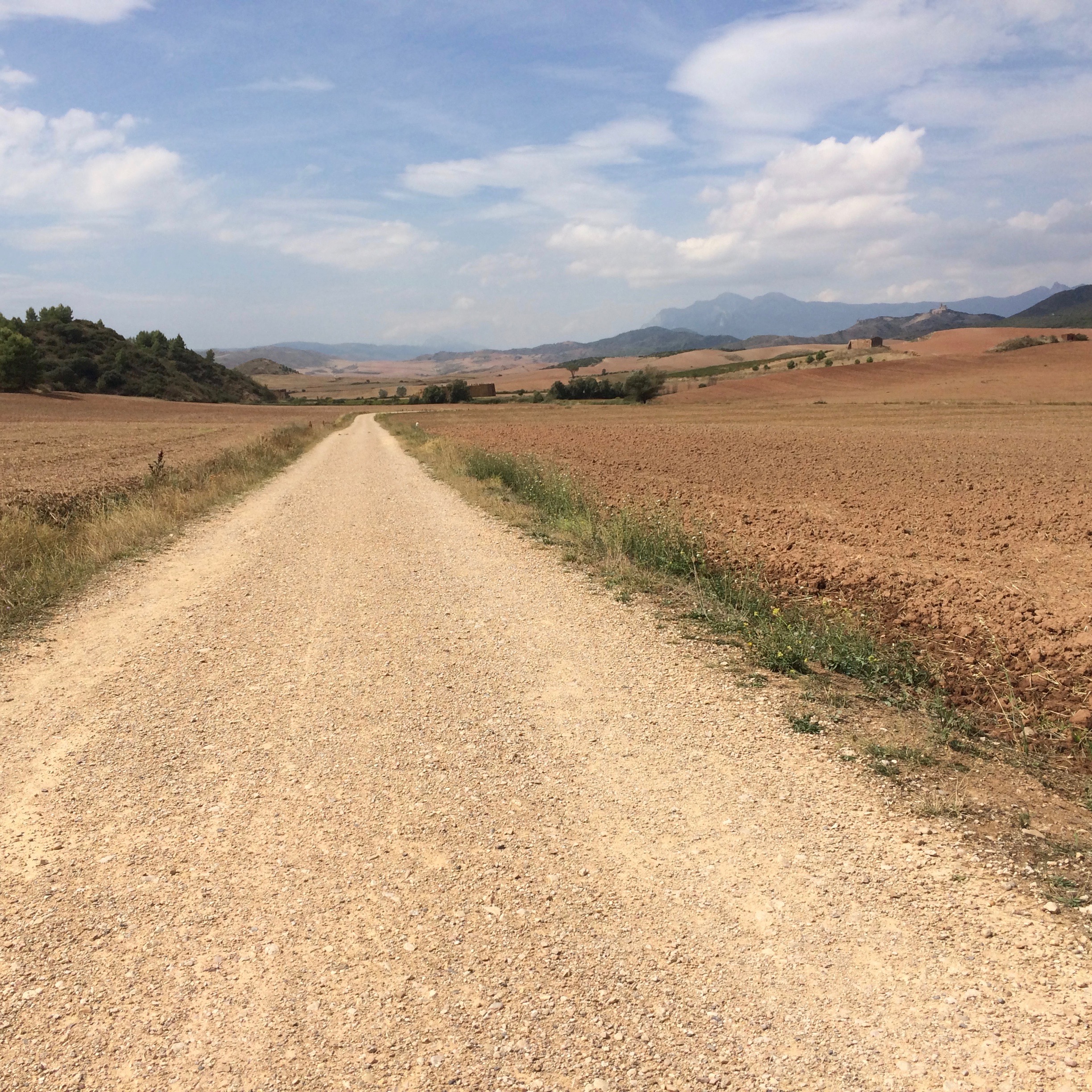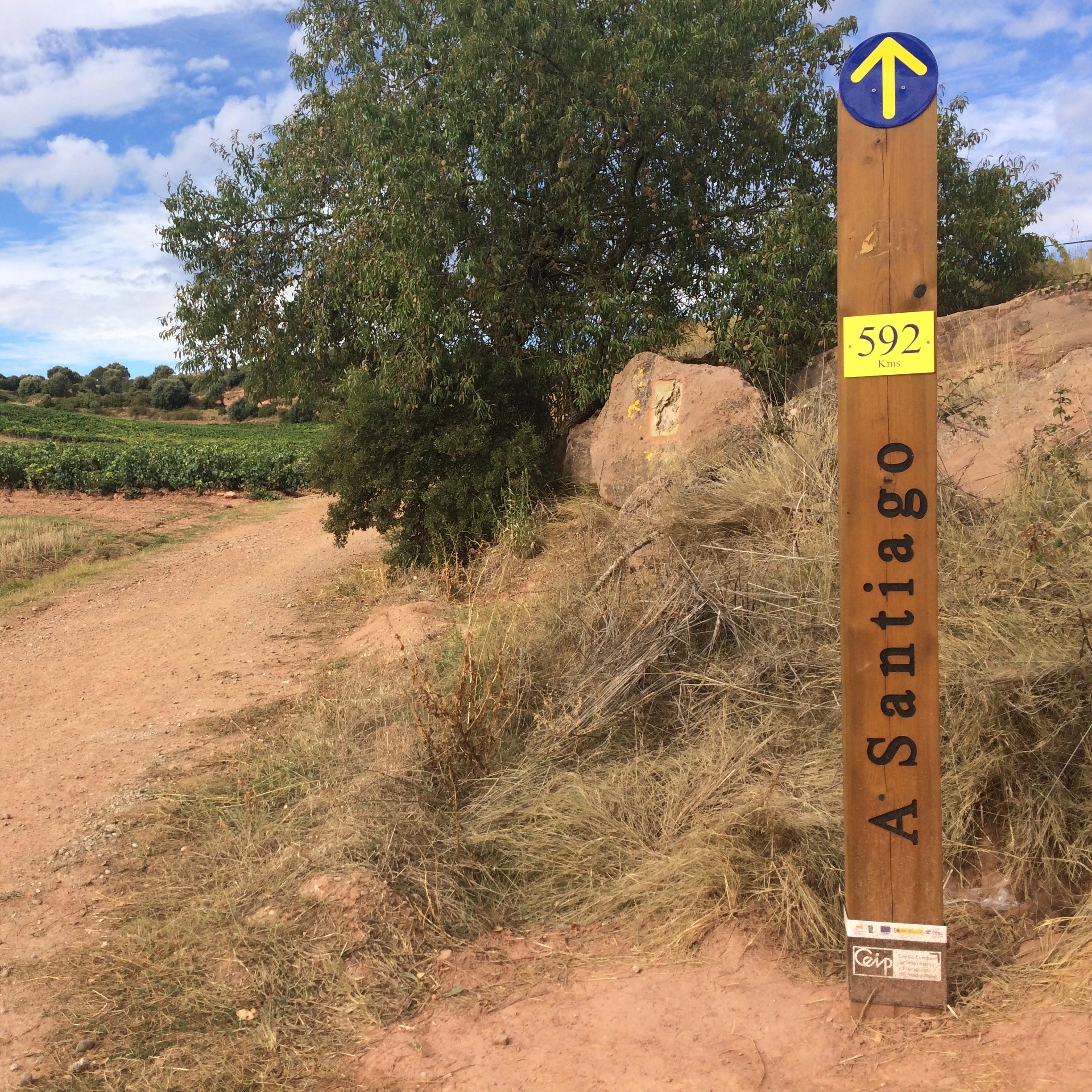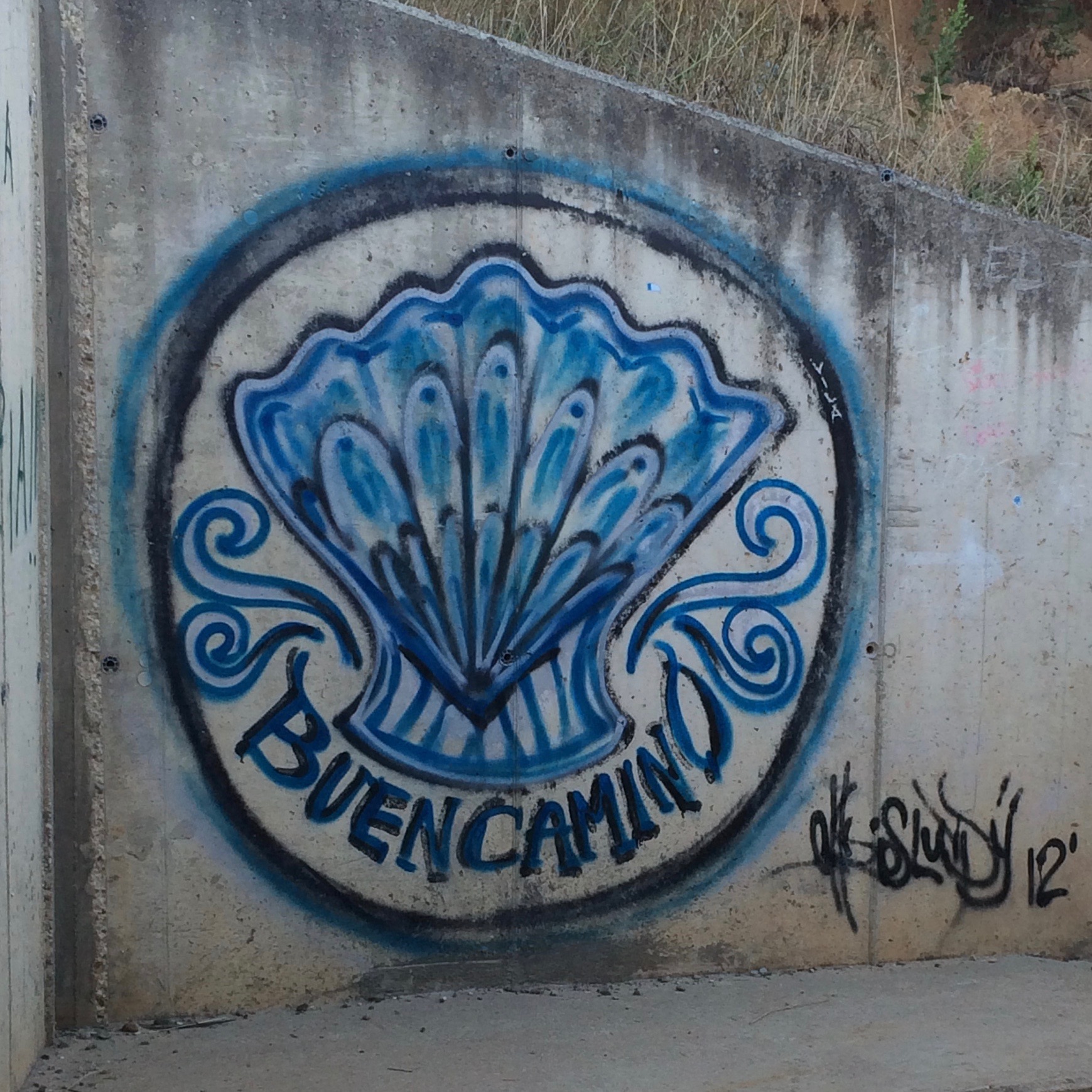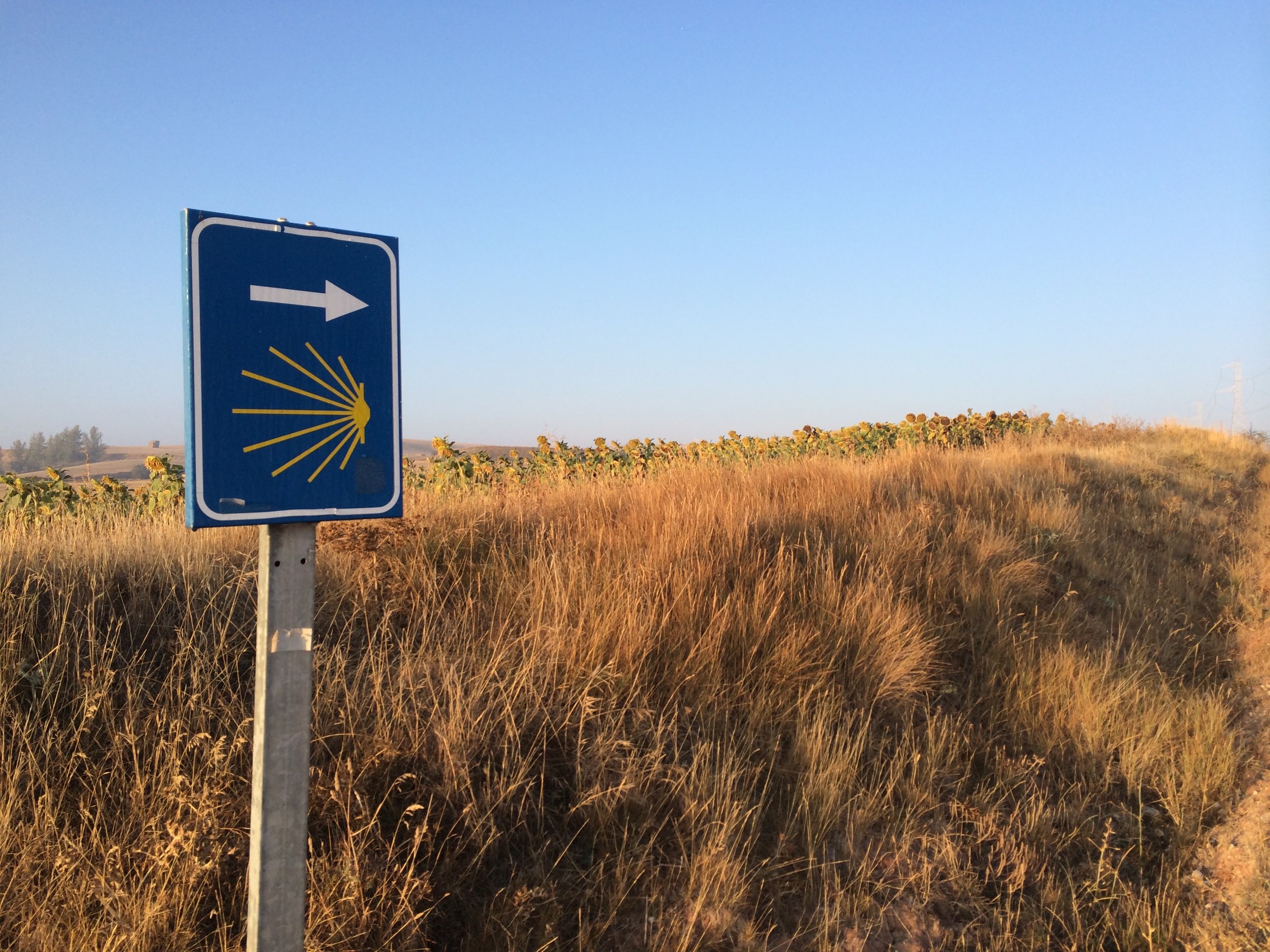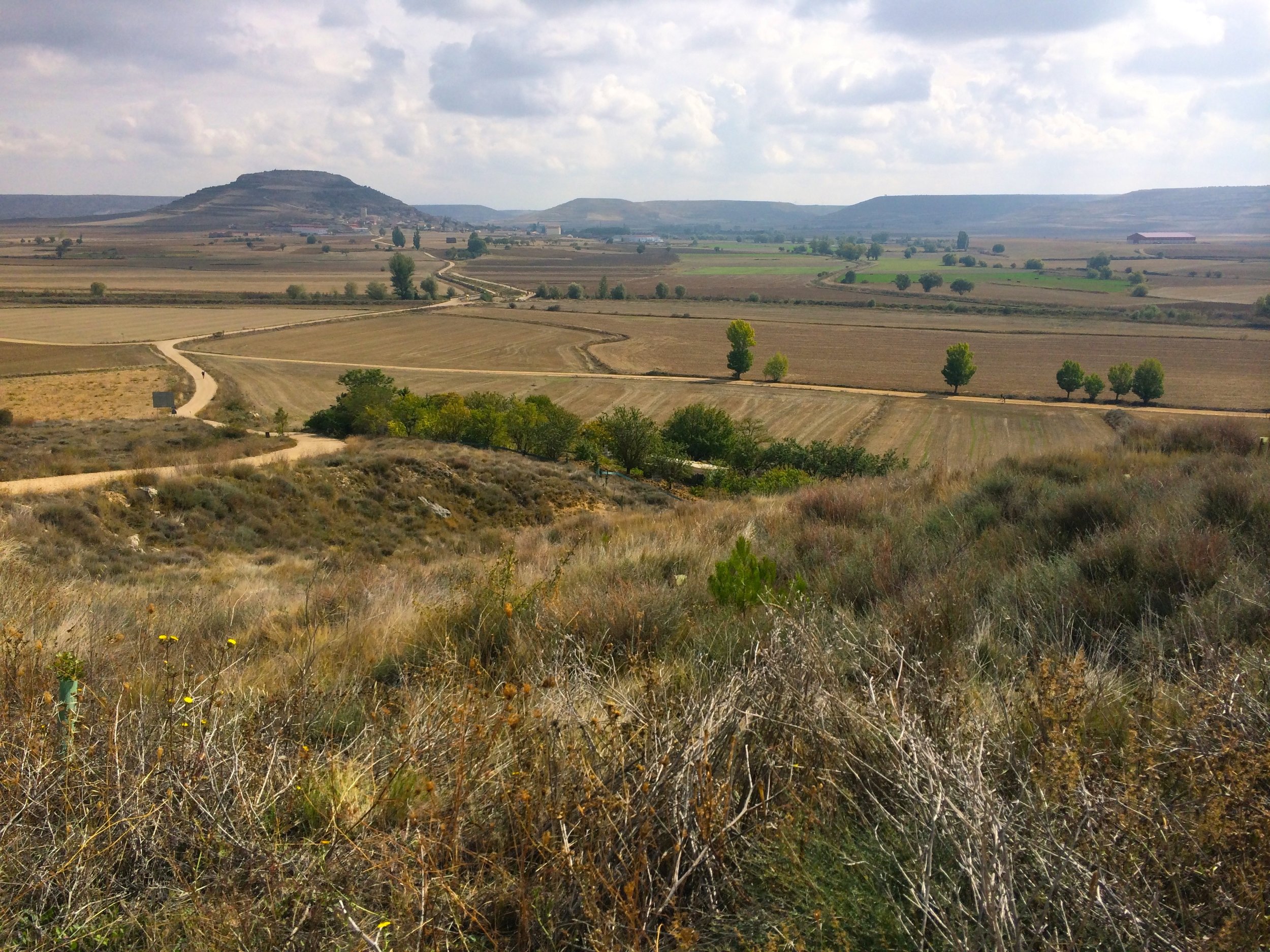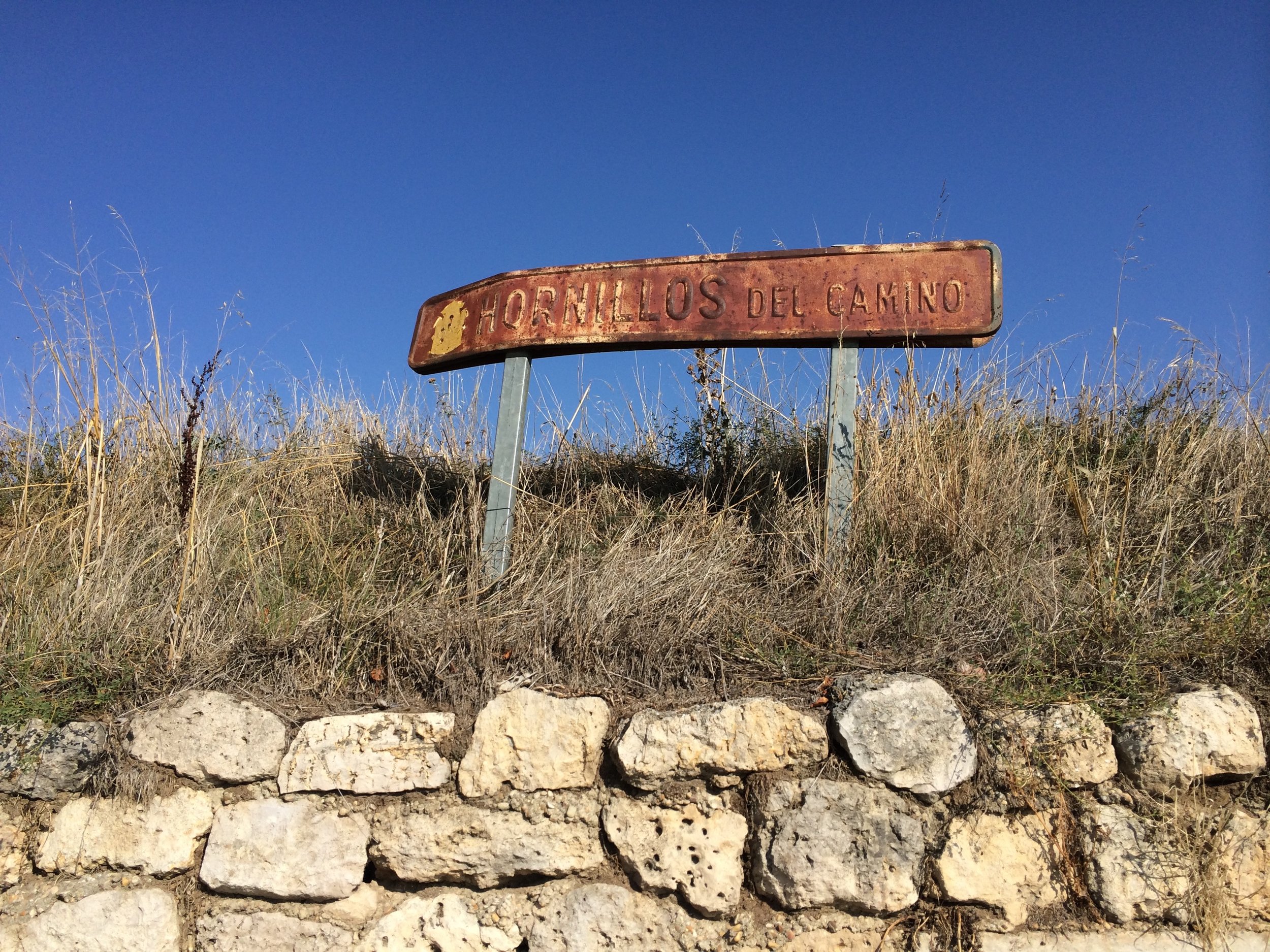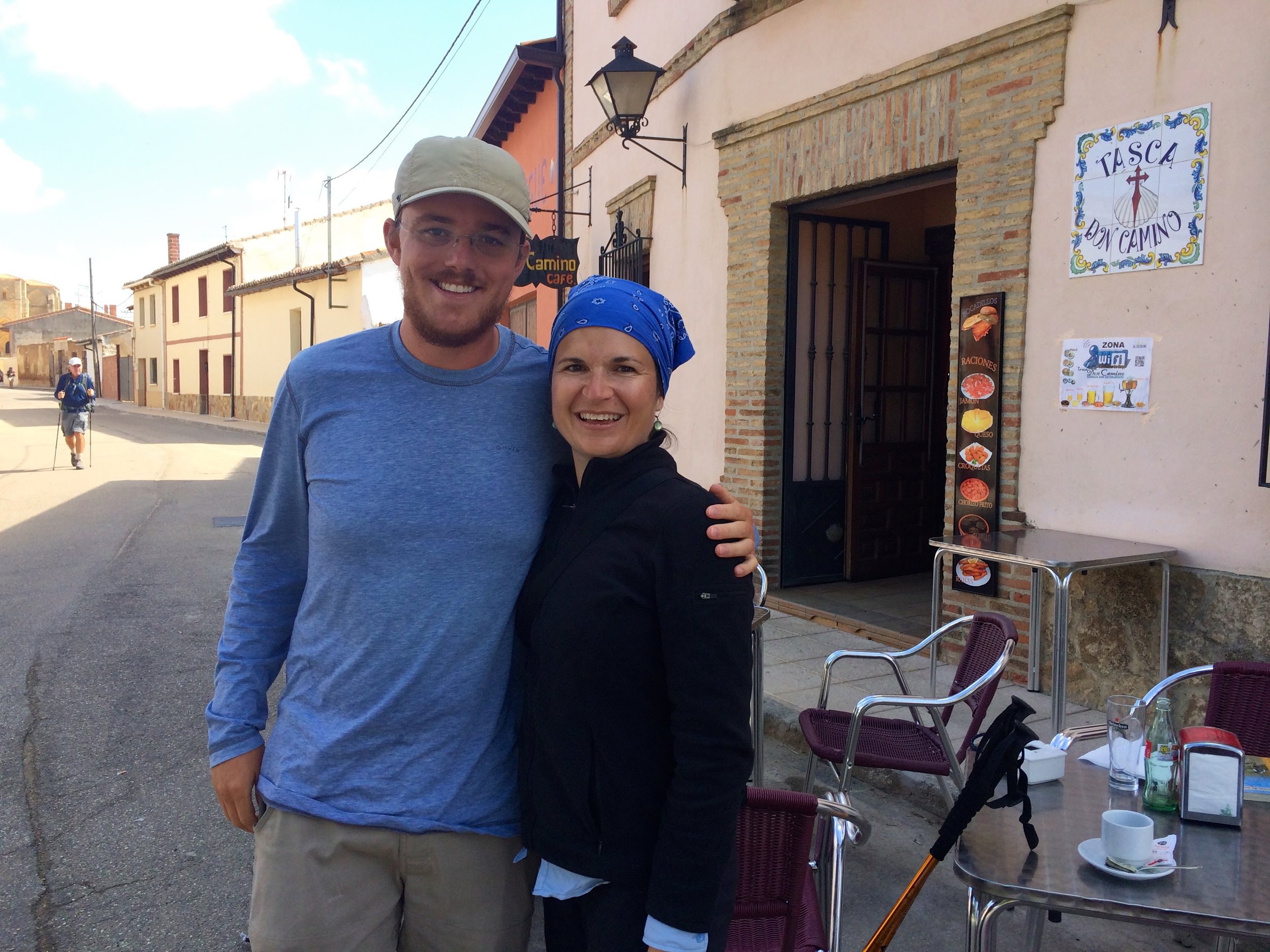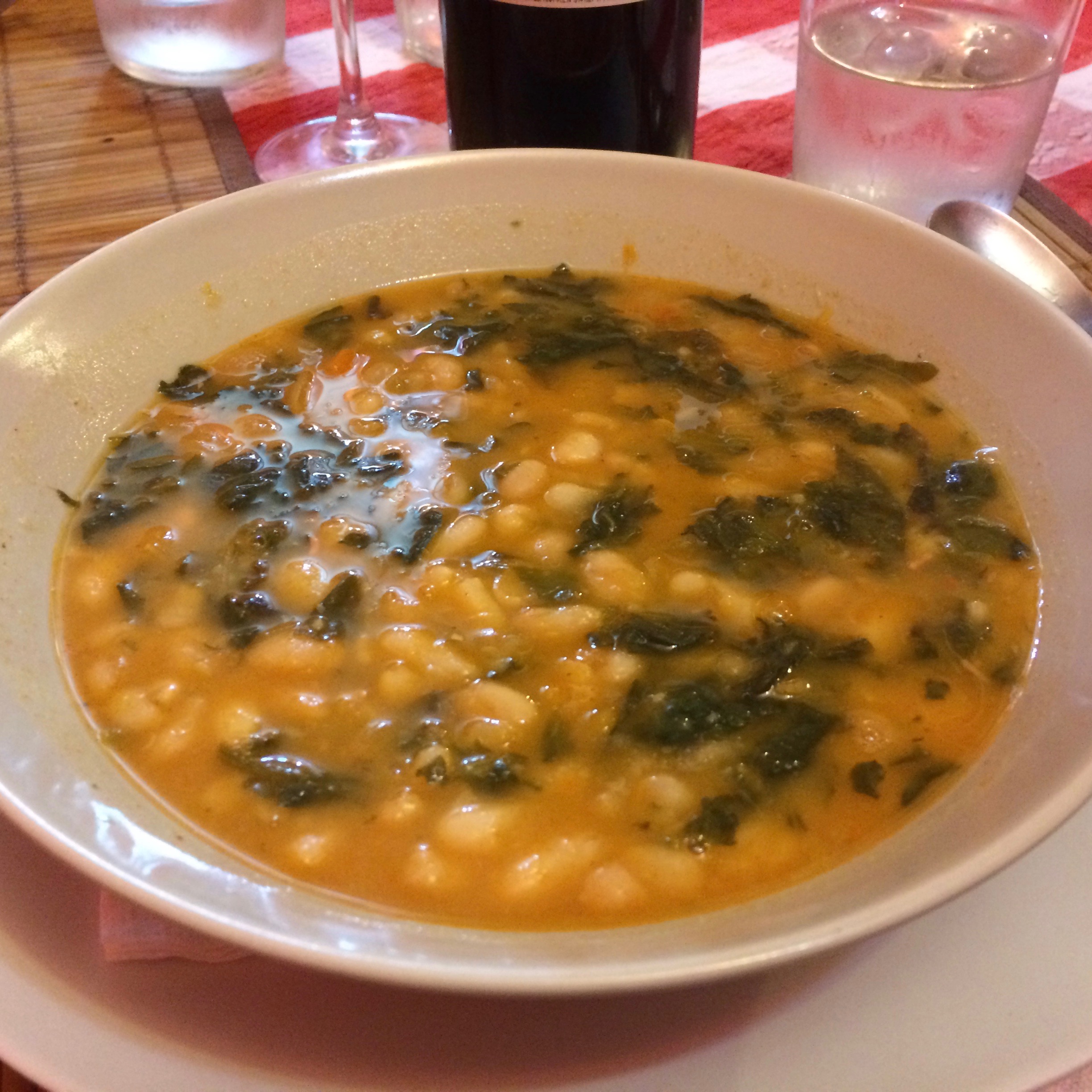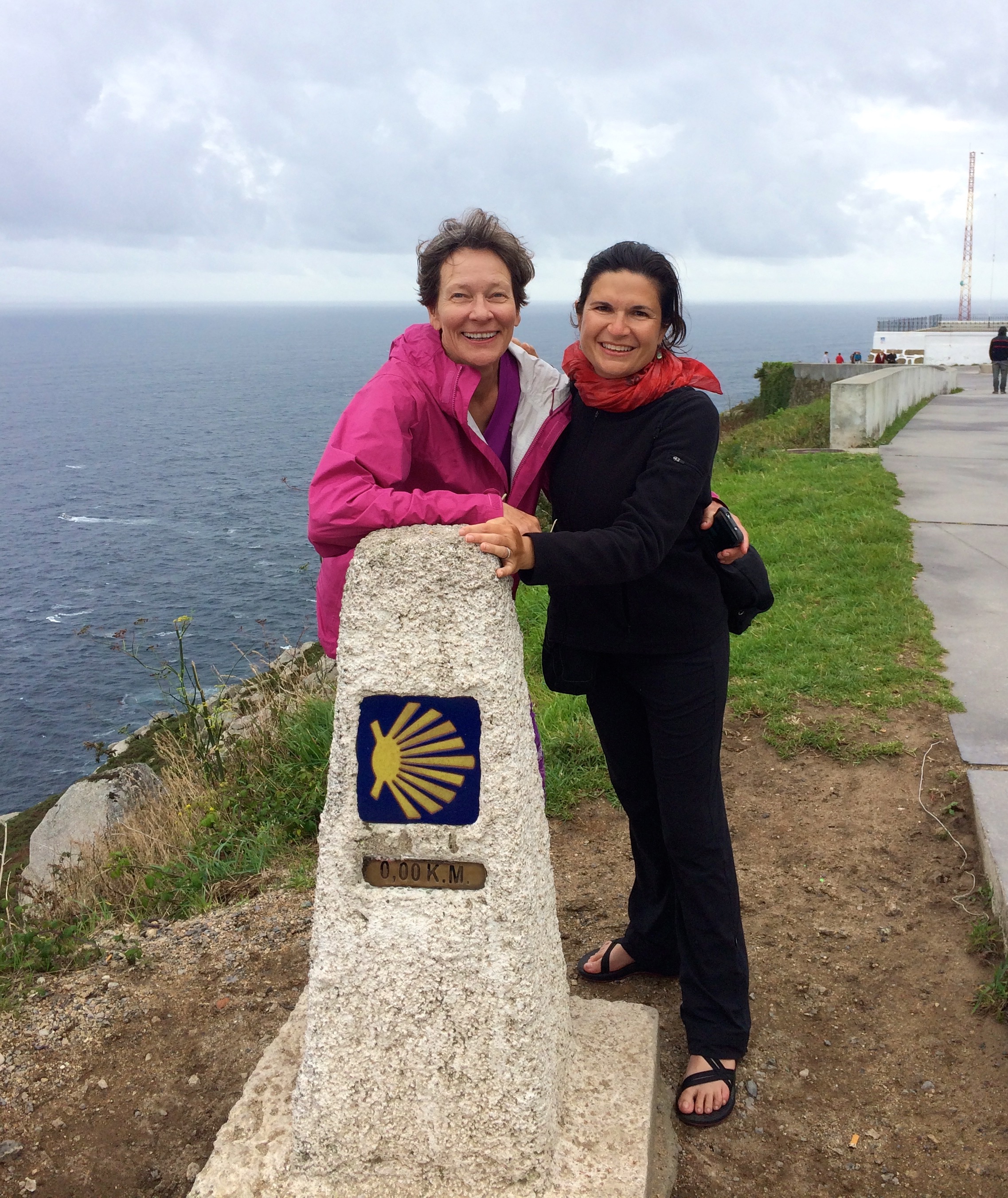Vivé Griffith
Writer | Educator | Narrative Medicine Facilitator
Vivé Griffith is an Austin-based writer and educator whose work centers on expanding opportunities for intellectual and creative community for a diverse cross-section of individuals, from children to health care professionals. From 2007-16 she directed Free Minds, an affiliate of the Clemente Course in the Humanities, helping hundreds of adult students jumpstart their college education and explore their academic potential. She serves as Special Projects Advisor to the national Clemente Course and developed and co-taught the seminar, “Literary Citizenship: Teaching Writing for Social Change” at the Michener Center for Writers at UT Austin.
Her work has appeared in the Washington Post, Oxford American, The Sun, and Hippocampus. She has taught poetry to everyone from kindergarteners to retirees and was a volunteer mentor in the Veterans Writing Project. A former Public Voices Fellow at the OpEd Project, she earned a certificate in Narrative Medicine at Columbia University in 2024 . She holds an MFA from the Michener Center, an MA in English from the University of Cincinnati, and a BS in English and Economics from Vanderbilt University.
A More Personal and Ruminative Bio
I believe in the power of people gathered around a table:
a classroom, a dinner party, a writing workshop,
a meeting of thinkers seeking to affect change.
I work to create those spaces for connection.
To a recent class of St. Edward’s University freshmen I said, “I always wanted to be a writer.” I held up a yellowed, bug-eaten piece of paper where in my looping adolescent handwriting I had written, “My greatest achievement would be to write a book that could make others feel the way a good book can make me feel.” And then I told them that by my second year of college I was studying to be a bank manager.
They laughed. I laughed. But it was true. And so my career has moved between the highly pragmatic and the lyric and creative. On the one hand, this has made for tension. On the other, it means that I am someone who can lead a project, set deadlines and show up at the meeting with an agenda. I get things done. Then I retreat to craft the story.
I didn’t become a bank manager, but I did pair my English degree from Vanderbilt with a more “sensible” one in Economics, and I took a job at Duke Power fresh out of school. For awhile I answered calls—it was 1990, the country was in a deep recession, and jobs were scarce—but soon I found myself conducting marketing research. I then oversaw the company’s customer satisfaction measures, reporting to the CEO on how people perceived us. When Duke offered a voluntary layoff package, I took it.
The windfall was a pivot point in my life. I spent a year traveling alone in Europe with a backpack. I picked mushrooms in a Bohemian forest (this is not a metaphor), walked the cold corridors of concentration camps, celebrated Christmas at the rowdy table of an Italian named Fabio, and took a side trip to India where I posed in front of the Taj Mahal and spent several nights in the hospital. And I wrote and read and read and wrote, eventually publishing a chapbook of poems about the experience.
When I returned I settled in Ohio and started graduate school at the University of Cincinnati, gathering in McMicken Hall for poetry workshops with Andrew Hudgins and Don Bogen. I also began teaching, and that experience turned me into an educator. (I tell that story here.) I relished those years in Cincinnati. I had an apartment in a crumbling Victorian and a group of friends as voracious for language as I was. I scraped together a living as an adjunct professor (favorite class: 20th-century world fiction), an assistant at a design magazine, a bartender at a fading Italian restaurant, and a ghost writer of a memoir. Then I got the call from Austin.
The second big pivot point of my life was being awarded a fellowship to the Michener Center for Writers. For three years I was offered the space to write, a gift unlike any I’ve ever been given. We gathered around the wood table upstairs at a white frame house bordered by lilies and we wrote, responded, questioned, bickered, took risks. By the time I finished my MFA I had published essays, short stories, poems, and journalism. I had driven Michael Ondaatje to the airport in my old Sentra and learned to teach poetry in the community. Austin had been kind to me from the moment I arrived, and I knew I wanted to stay.
I thought I would wait tables. Instead—ever practical—I took a job writing feature stories for the University of Texas home page. The hundreds of stories I wrote at that time—about high-powered CT scans that peered inside dinosaur eggs, about deciphering the Mayan glyphs, about looted antiquities in Baghdad, about how gestures enable us to communicate—are lost to the world now. Don’t ever trust the internet to permanently hold your words. But while they sat on the university home page and archives they represented the impressive work of researchers who attempt to expand our understanding of the world.
When working on a feature about the Humanities Institute’s reimagining of a WPA project called Living Newspapers, I discovered Free Minds. I visited class and came home knowing this was the work I wanted to do. A few months later, I was hired as the program’s second director, a job I kept for nearly a decade. Running a small nonprofit program is the opposite of being a writer in many ways. It requires being out and in the middle of things at all times. Some days I was wrangling a group of students—smart, uncertain, hungry—through the early weeks of their first college classes. Other days I was fighting administrative battles. There were budgets and grant proposals, space considerations and pizza orders, curricula and syllabi. And there was love. That classroom, with its insistence on rigor and engagement and believing the best about ourselves and others, is the greatest place I’ve ever been.
Publications, honors, other jobs? They're in my C.V.
Today I wake in the morning and head to my backyard studio to work on essays for my Substack newsletter. After completing a certificate in Narrative Medicine at Columbia, I am developing workshops for caregivers and writers and helping create the Texas Narrative Medicine Collective. In 2019 I helped train graduate students in doing the community-engaged teaching that’s been at the center of my professional life, as co-instructor of the course “Teaching Writing for Social Change” at the Michener Center, right back at the same table where I was once a student. I make soup. And I keep leaving open spaces at the table. I want as many people as possible to pull up a chair.
Following the Arrows
In 2014 I spent a month walking the Camino de Santiago pilgrimage trail in Northern Spain. This thousand-year-old trail stretches 500 miles from the Pyrenees to the Galician city of Santiago de Compestela, believed to be the resting place of the remains of St. James. Today a few hundred thousand pilgrims make some part of the pilgrimage each year. They walk west, following yellow arrows that are posted on poles and spray painted onto buildings and clusters of rocks. Like the shell of St. James, those arrows are meant to create trust. You may not be able to see the whole path, but you know where you need to go next.
In 2015 I gave all of our Free Minds students a yellow arrow pin to attach to a book bag or press into a bulletin board. You don't need to know everything about where you're going, I told them. Just keep walking. Just follow the signs.
When I completed the Camino, I created a book of photos and meditations, and I hope someday to edit it and make it available for fellow pilgrims. I closed the book with nine lessons from the Camino, ones that apply anywhere, ones that I hope will guide my life:
Keep walking. You are stronger than you think you are.
Trust yourself.
Enjoy community.
Cured meat will take you far.
If you follow the signs, you can walk all the way to the end of the earth.
If in doubt, bean soup will always do.
Be grateful. Express it.
At any given moment, there are monks praying.
There are many ways to be a pilgrim. They don't all require walking across Spain.

